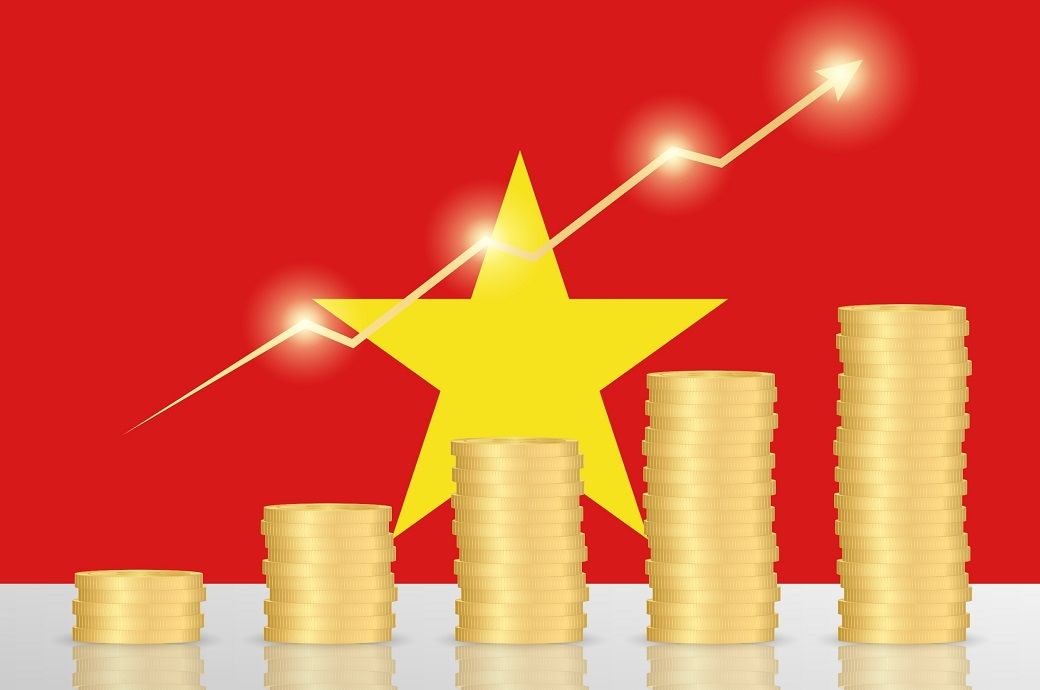
Economic growth is projected to slow to 6.5 per cent in 2025 and decelerate further in 2026 given the full year effect of the new US tariffs (announced in July) and unwinding of most of the one-off 2025 government stimulus, it noted.
There is room for greater fiscal support if economic growth slows down markedly, while space for monetary easing is limited. Allowing more flexibility in the exchange rate and strengthening the resilience of the financial sector will be important, the IMF said after recently concluding its Article IV consultation with the country.
Implementation of the ambitious reform agenda and infrastructure improvements presents an opportunity to raise medium-term growth and reduce external vulnerabilities, it noted.
Inflation in the country accelerated somewhat in recent months, reaching 3.6 per cent year on year (YoY) in June, but remains below the target. The current account surplus reached a record 6.6 per cent of gross domestic product (GDP) in 2024.
Downside risks are high. A further escalation in global trade tensions or a tightening of global financial conditions could weaken further exports and investment.
Domestically, financial stress could re-emerge from tighter financial conditions and high corporate indebtedness, the IMF observed.
On the upside, successfully implementing infrastructure projects and structural reforms could significantly boost medium-term growth. If global trade tensions subside, the economic outlook would improve, it added.
ALCHEMPro News Desk (DS)
Receive daily prices and market insights straight to your inbox. Subscribe to AlchemPro Weekly!